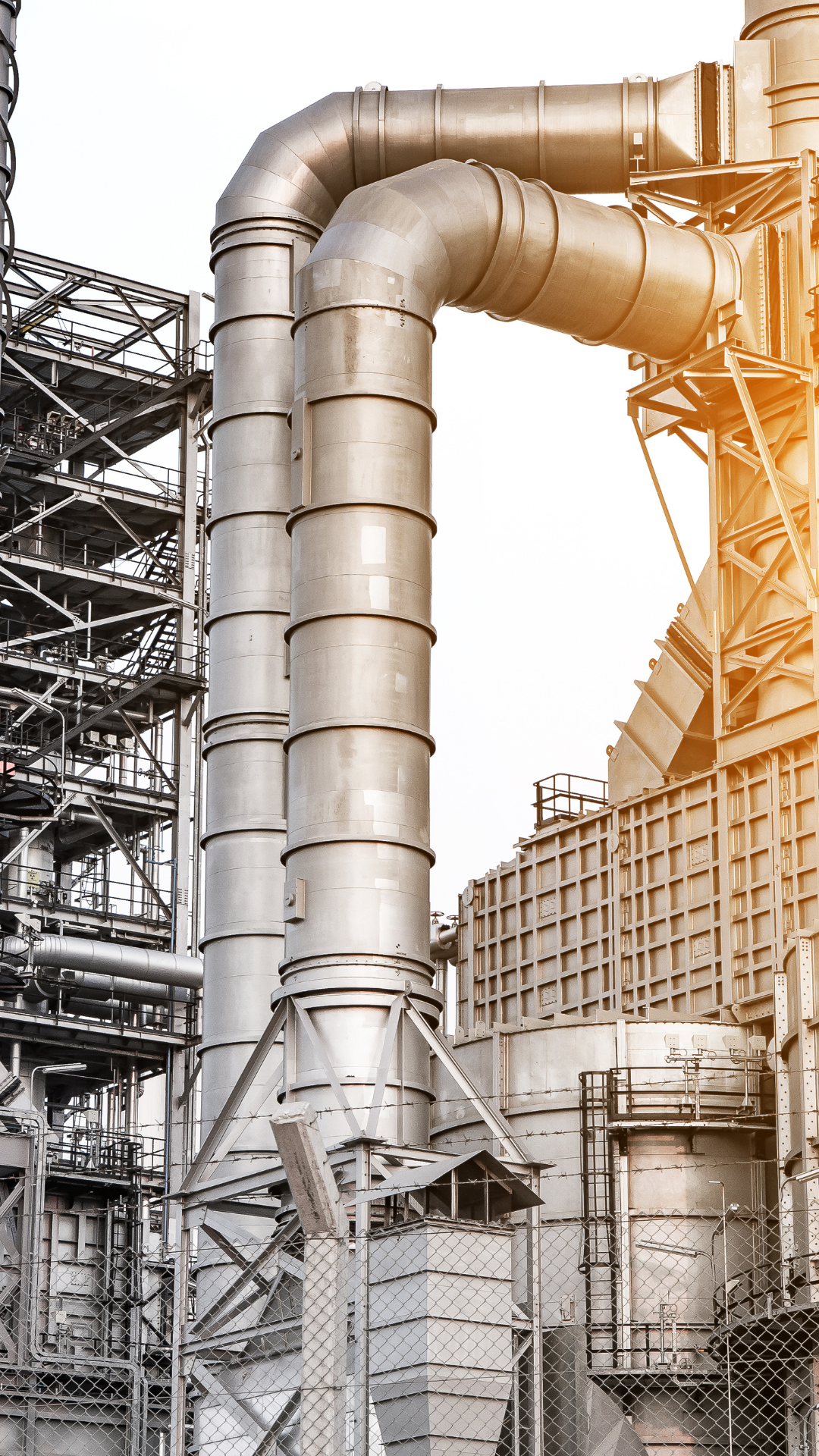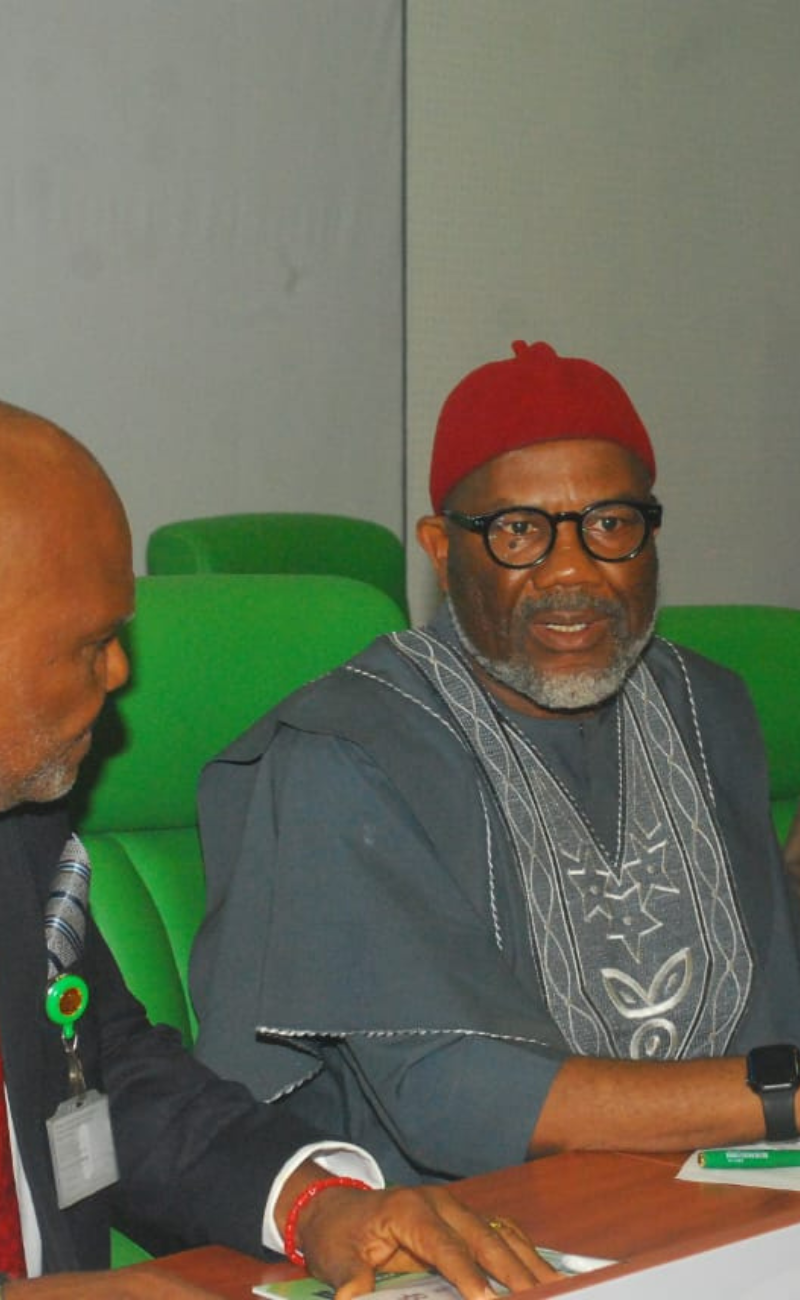Proposals to provide technical and vocational training in metallurgy and CNG conversion centres form core issues for RemTracker this week
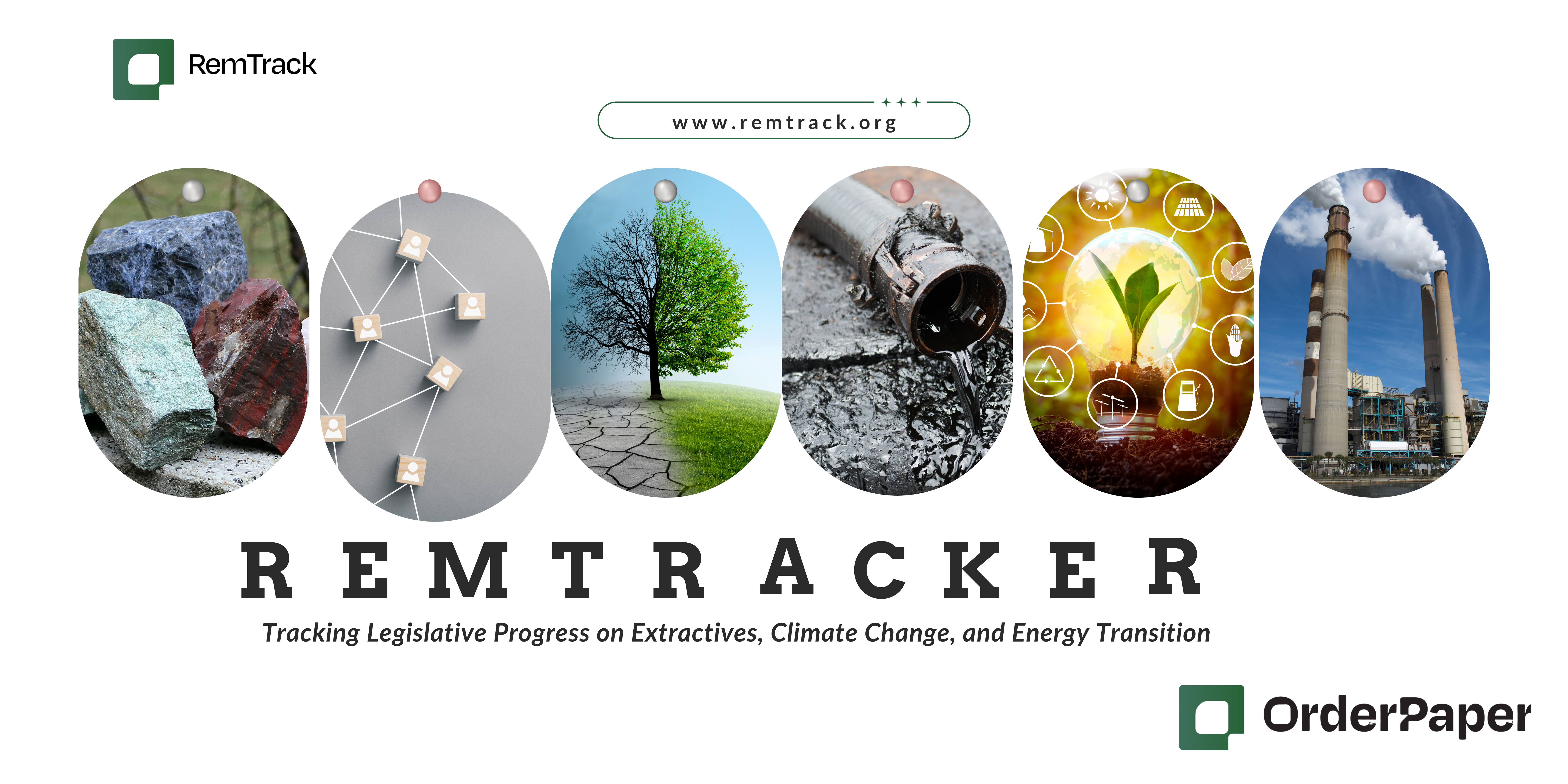
Mining the Future: New Training Institutes in View
Two mining-focused bills made appearances on the floor of the House of Representatives this week, signaling renewed interest in developing Nigeria’s extractive sector talent pipeline.

A bill titled National Metallurgical Training Institute, Apomu (Establishment) Bill, 2025 (HB.2246) sponsored by Rep. Lanre Oladebo, has scaled its first reading. The proposal aims to provide technical and vocational training in metallurgy, a critical area in Nigeria’s push for local content development in the mining value chain.
Metallurgy, often overshadowed by extraction, plays a pivotal role in refining and processing raw minerals – a process Nigeria must master to eradicate the act of exporting raw materials only to import finished products at higher prices.

The House has also advanced a bill to establish the Nigerian Institute of Mining and Geosciences, Garaku, Nasarawa State (HB. 2010). Sponsored by Rep. Jonathan Gaza, the new institute in Garaku would cover broader training and research in exploration and geosciences. This underscores the need for more decentralized institutions to support mineral exploration and bolster academic capacity in this critical sector. If passed, it would complement other existing institutions and provide more room to train aspiring geologists and mining professionals.
Currently, Nigeria’s solid minerals sector is struggling with a skills deficit and these institutes could go a long way in bridging the gap and nurturing technically skilled professionals, thereby reducing dependence on foreign expertise.
READ ALSO: Ensuring inclusion in Nigeria’s mining sector |GESI Tracker
Mineral Development Corporation
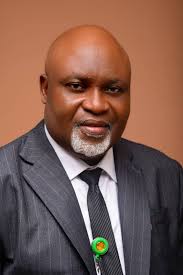
In a related move, Rep. Eze Nwachukwu introduced a bill to establish the Nigerian Mineral Development Corporation (HB.2225). Though still at first reading, the bill holds immense promise for the mining sector.
The proposed corporation would be responsible for managing and commercially advancing Nigeria’s mineral assets. This institutional framework is similar to the Nigerian National Petroleum Company Limited (NNPCL) model in the oil sector.
If it progresses through the legislative process, the NMDC would become a central body in ensuring minerals are not just extracted but developed strategically for long-term economic growth.
Government-backed mineral corporations play a strategic role in maximizing the value of mineral resources as seen in countries like Botswana and Chile where similar corporations have helped turn mineral wealth into long-term national development.
If designed and implemented with transparency and accountability, the corporation could become a major player in ensuring mineral revenues are maximized and reinvested in national development, harnessing Nigeria’s mineral wealth for long-term development.
Call for more CNG Conversion Centers
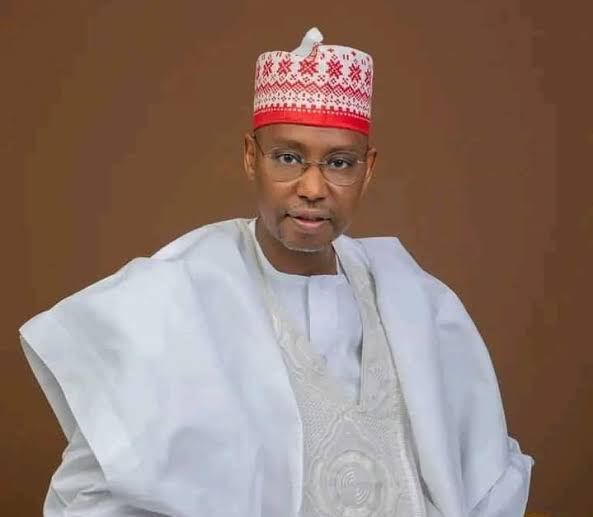
On Thursday, Rep. Sani Madaki sponsored a motion on Call to Establish More Compressed Natural Gas Conversion Centers Across Nigeria. He raised alarm over what he called a deeply uneven rollout of CNG conversion centers across the country.
He lamented that while some states like Lagos are getting as many as 70 centers, others especially those in the North East are left completely out of the distribution.
Significant commercial hubs in the North such as Kano, Sokoto, Borno, and Katsina, were not included in the list of beneficiaries. This exclusion, according to Madaki, not only undermines the national character of the initiative but also leaves millions of Nigerians cut off from the benefits of cleaner, cheaper fuel.
In response, the House resolved to push for a more equitable distribution of conversion centers, including a proposal for the Federal Government to establish at least one center in every local government area within the next one year.
The House Committee on Gas Resources has also been mandated to ensure compliance and give a report within 4 weeks for further legislative actions. An ad-hoc committee was also set up to track implementation and provide legislative oversight.
As Nigeria shifts toward cleaner fuels, unequal access to CNG infrastructure threatens to widen the energy divide and undermine the environmental and economic goals of the transition. Without inclusive access to CNG conversion, large regions of Nigeria could miss out on cleaner, cheaper transport options.
READ ALSO: NEMA & FERMA:187 House of Reps mandates in 10 months |Motions & Movement
Stay tuned for the next episode of RemTracker as we continue to provide in-depth analysis on how these legislative changes unfold and shape the future of Nigeria’s natural resource governance landscape.


